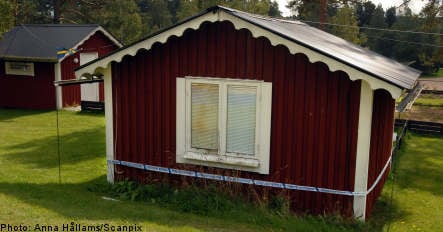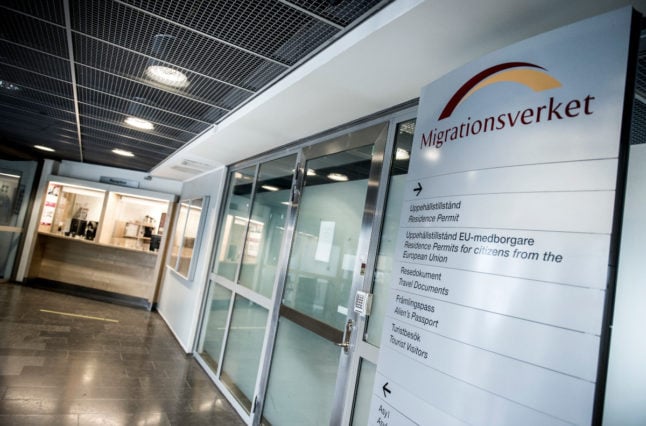Victor Zhuk and his family came to Sweden from Ukraine in 2003, but their asylum application was denied, forcing them underground, reports the Svenska Dagbladet (SvD) newspaper.
The family eventually met Pentecostal pastor Siwert Ahrrén, who offered the pair sanctuary at the campground he owned outside of Eksjö, in a cabin next to the one rented by the 58-year-old man.
It didn’t take long before the 58-year-old made it clear he didn’t like his new neighbours.
He verbally and physically threatened both Ahrrén and Zhuk’s family, and on one occasion he went so far as to hit Zhuk’s wife.
“We couldn’t go to the police, despite that he hit my wife and was holding that sick woman like a prisoner. Then we could have been unmasked and sent back to Ukraine,” Zhuk told SvD.
In 2006, the Zhuks finally received permanent residency in Sweden and both Zhuk and his wife began working
Feeling secure that the family’s future was safe in Sweden, Zhuk’s wife filed a complaint with police about the 58-year-old in November of 2007.
It came as a shock to the family, however, that police would wait ten more months before taking action.
“It’s hard to believe that this can happen in the democracy of Sweden. Why didn’t the authorities intervene right away?” said Zhuk.
Looking back, campground owner Ahrrén says he didn’t see any other choice than to remain silent despite what he knew about the 58-year-old and the sick woman.
“My hands were tied. I suspected that the woman wasn’t well, but if I had done something about it the refugees would have suffered. There is so much that I could say,” he said to SvD.



 Please whitelist us to continue reading.
Please whitelist us to continue reading.